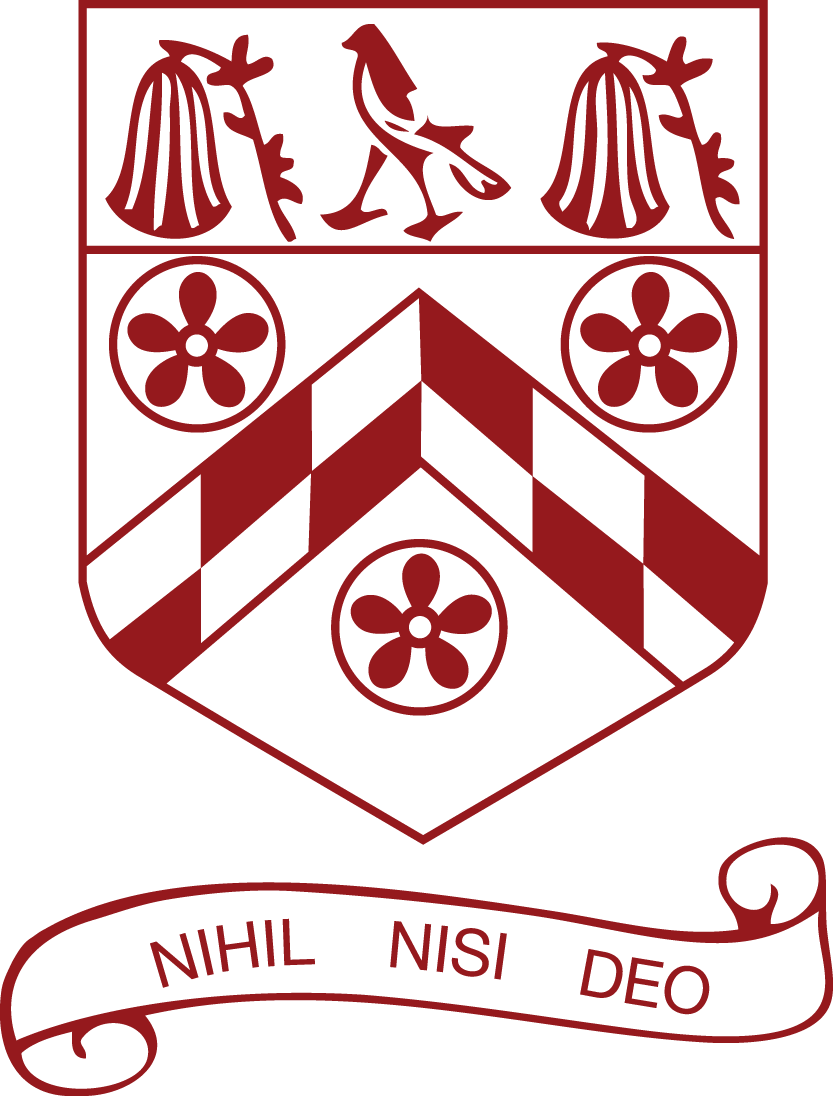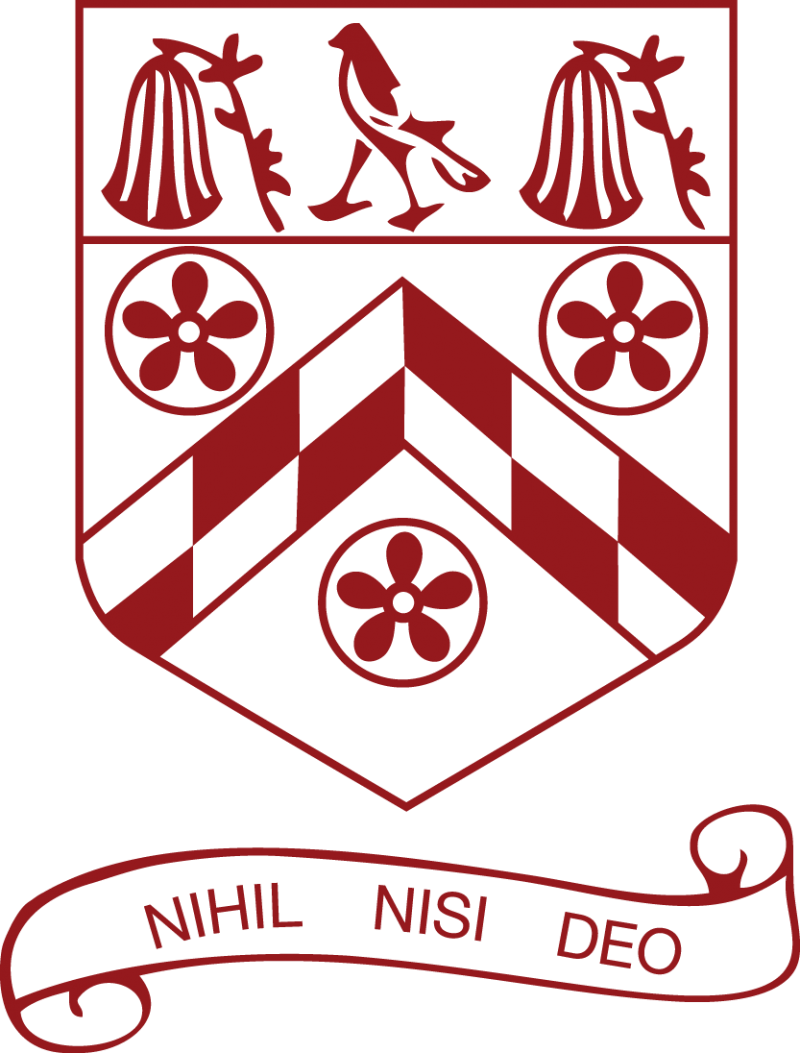Sixth Form
Physical Education
In Sixth Form we offer both A level PE and level 3 BTEC sport.
A level PE is made up from 3 exams, coursework on your practical performance. You cover topics such as the development of sport, sport psychology, anatomy and physiology.
BTEC Sport level 3 is made up from 4 units, 2 exams based and 2 coursework based. The exams are on anatomy and physiology and how to assess lifestyle changes in individuals. As well as coursework on skill acquisition and fitness testing.
Content & Assessment overview
Component 01: Physical factors affecting performance
Students gain a deeper understanding of key systems in the body and how they react to changes in diet and exercise. They also study the effects of force and motion on the body and how they can be used to our advantage.
There are three topics: Applied anatomy and physiology, Exercise physiology, Biomechanics.
Marks 90 Duration 2 hours Weighting 30%
Component 02: Psychological factors affecting performanceStudents study the models and theories that affect learning and performance in physical activities, how different methods of training and feedback work and why their effectiveness differs from person to person. They also explore the psychological factors that affect group dynamics and the effects of leadership and stress.
There are two topics: Skill acquisition, Sports psychology.
Marks 60 Duration 1 hour Weighting 20%
Component 03: Socio-cultural issues in physical activity and sport
This component focuses on the social and cultural factors that have shaped sports over time, and their influences on physical activity. Students consider the impact of hosting a global sporting event such as the Olympic Games, and the influence of modern technology on both the performer and the spectator of contemporary sport.
There are two topics: Sport and society, Contemporary issues in physical activity and sport.
Marks 60 Duration 1 hour Weighting 20%
Component 04: Performance in physical education
Students are assessed in the role of either performer or coach in one practical activity. They are required to demonstrate effective performance, the use of tactics or techniques and the ability to observe the rules and conventions under applied conditions.
Students are also assessed in the Evaluation and Analysis of Performance for Improvement (EAPI). They observe a live or recorded performance by a peer and provide an oral analysis and critical evaluation of their peer’s performance.
Marks 60* Weighting 30%
* Examination is weighted up to 90 marks to equal the total marks combined for the two tasks.
Students who are retaking a qualification may carry forward their result for the non-exam assessment component.
Students must complete all components (01, 02, 03 and 04) to be awarded the OCR A Level in Physical Education.
You must have attained a grade 7 at GCSE PE. You must also be playing at least one competitive sport outside of school.
PE opens doors to a number of careers and life options. Sport, nutrition and health are huge topics of discussion today, and as the fight against obesity and sedentary lifestyle issues continues, the knowledge you gain from a course such as this will only grow in importance and relevance. A-Level PE enables you to apply for higher education courses in sports science, sports management, healthcare, or exercise and health. It can also complement further study in subjects such as biology, human biology, physics, psychology, nutrition and sociology. A Level PE can open up a range of career opportunities including: sports development, sports coaching, physiotherapy, sports journalism, personal training or becoming one of the next generation of PE teachers. The transferable skills you learn, such as decision making and independent thinking, are useful in any career path you choose to take. Students considering Sports Science degrees should combine PE with at least one science subject.

